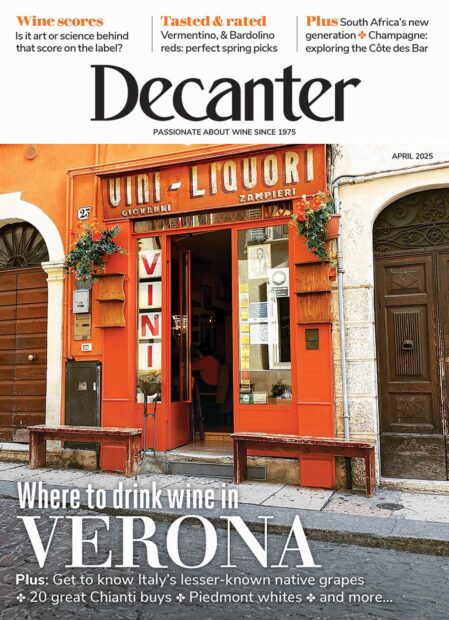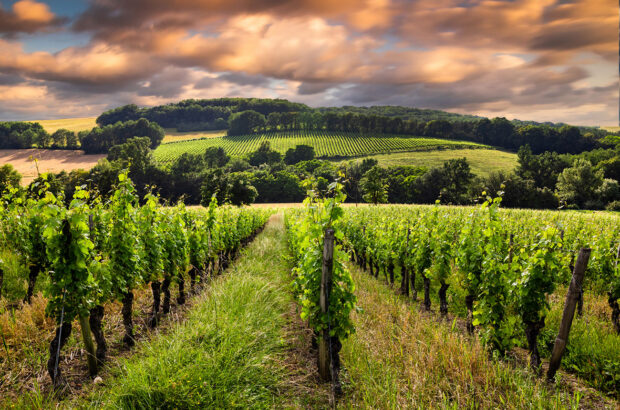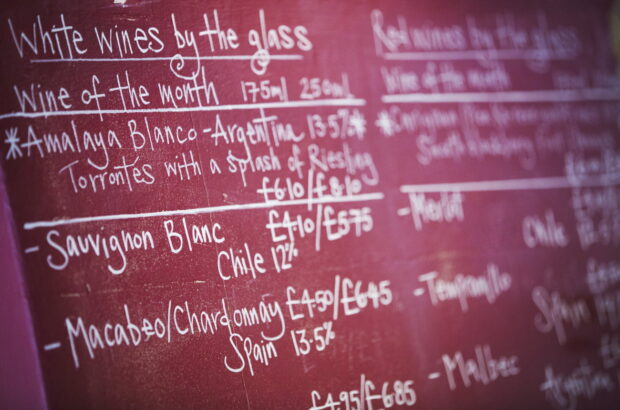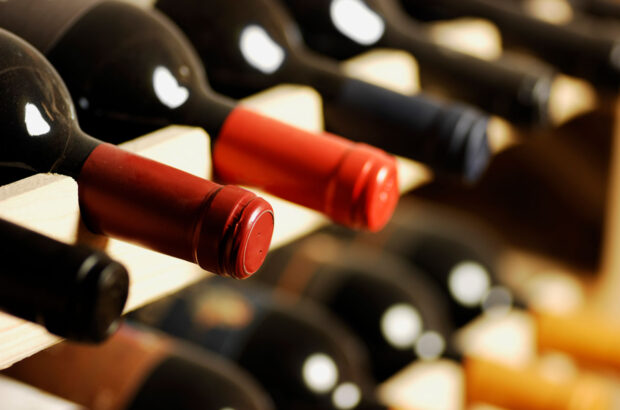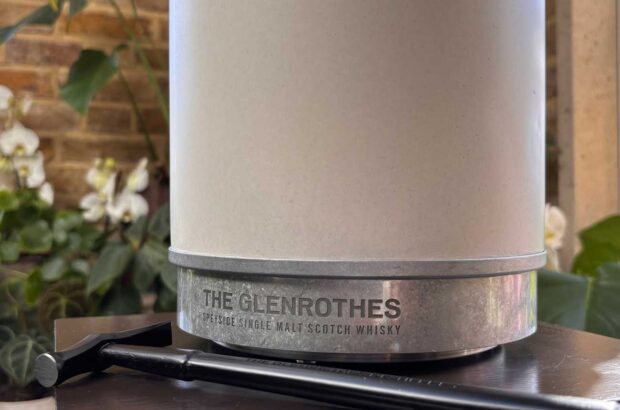Adrian Beatty, by email, asks: If I wanted to try ageing some good reds from southern France, would the Syrah-based wines of Pic St-Loup be the best option, or are there others I could try?
Andrew Jefford, a world-renowned wine writer and a Decanter contributing editor, replies: There are three sorts of wine: those that get worse with age; those that maintain their qualities with age; and those that improve with age.
In my view, few southern French reds actually improve with or demand age, though many maintain their qualities with age while their sensorial profiles modulate.
The main ‘improvers’ would be the very best red wines of Gigondas, Châteauneuf-du-Pape, Bandol, Madiran and Cahors. (I’ve excluded Bordeaux, which is also in southern France – though those, of course, age best of all.)
Within Languedoc-Roussillon, the best wines from Terrasses du Larzac (northwest of Montpellier) and from Côtes du Roussillon-Villages (and crus) show most ageing promise; Pic St-Loup, St-Chinian, Faugères and Maury Sec are also worth watching.
None, though, demands to be aged other than to satisfy curiosity. Avoid hard and over-oaky, evidently ambitious examples (often in heavy bottles); wines with ample density of pure, ripe yet structured fruit are likely to age best, though they are unlikely to cost most.
This was first published in the April 2021 issue of Decanter magazine.



